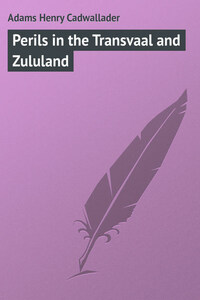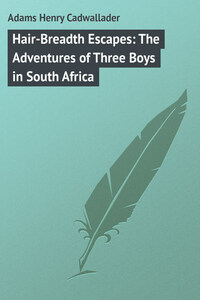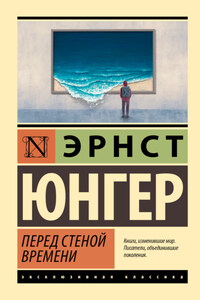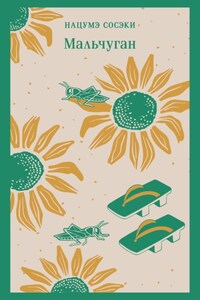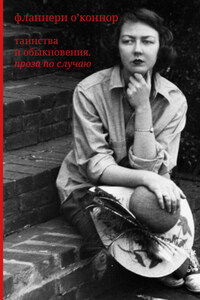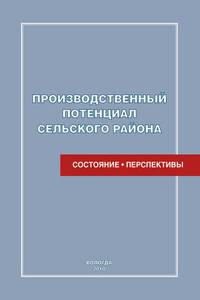School was just over. The boys belonging to Arlingford College poured out into the playing fields, the juniors tumbling over one another in haste and confusion, as though the premises were on fire behind them; the seniors strolling leisurely out, or gathering in small groups near the school door, to arrange their plans for the afternoon. Dr Stansfield, the headmaster, still remained, in conversation with Reginald Margetts, a connection of his wife’s, a young man of two-and-twenty, who was passing the Oxford long vacation at his house, and had come in with a message from Mrs Stansfield. One of the assistant masters also, George Rivers by name, sat at his desk, looking over some exercises of which he had not completed the revision. He was near about Margetts’ age, a well-built young fellow with an intelligent and pleasant face.
“Well, that will do, Redgy,” said the Doctor. “You may tell Mrs Stansfield that I do not know, and cannot conjecture who her visitor may have been; but if he is to return in half an hour, I shall be in the library ready to receive him. At present I must have a little talk with George Rivers here, before I leave the school.”
“I am going to walk with Rivers presently, sir,” said Margetts. “Shall you be long?”
“A quarter of an hour, I daresay. George will join you when we have done. George,” he continued, as Margetts left the room, “I have looked over the papers you have sent me. I intended to have had this conversation, even if you had not invited it. It is time that some conclusion was come to. You have not, I fear, received any fresh information?”
“I am sorry to say I have not.”
“I am sorry too; but I hardly expected anything else. You are, I think, more than one-and-twenty?”
“Two-and-twenty in a few months, sir.”
“Indeed. Well, there ought to be no further delay in the arrangement of your plans for the future. Do you not think so?”
“Yes, sir; and I believe I have made up my mind.”
“What have you resolved to do?”
“Before I go into that, Dr Stansfield, I ought to thank you for the great kindness you have shown me. I should be a pauper, or something like it, but for you.”
“We need not speak of that. Go on.”
“Well, sir, I feel that I ought not to remain longer in England. I have already trespassed too long on your bounty.”
“If that is your reason for leaving England, you had better reconsider it. Whatever might have been the case three years and a half ago, you are not costing me anything now. Your assistant-mastership, small as the salary is, with what you have of your own, is enough to keep you, and you fully earn it. You have, I believe, once or twice expressed a wish to enter holy orders?”
“It has been my wish for some time past, sir.”
“Very well. You could not be ordained for more than a year. Before that I think I could arrange with the Bishop for you to be ordained on your mastership here. There is not so much difficulty made about a title as used to be the case.”
“You are most kind, sir. I hope you will not think me ungrateful; but I feel it to be my first duty to find my mother and sister, if I can.”
“I cannot blame you. But I should like to know what steps you mean to take. I understood you to say you had obtained no further information.”
“No; and I do not expect to obtain any information, so long as I am in England. But if I were out in Australia, it might be different.”
“What do you propose to do, then?”
“Well, in the first place, to work my passage out to Australia – to Swan River, you know.”
“Ay, to Dalby’s Plot, to which it was ascertained that your mother went when she landed in Australia. But you doubtless remember that we ascertained, two years and a half ago, that she had left the colony, and had gone – some said to Tasmania, and others to Cape Town; but no one has ever given us a clue, by which we might discover the place to which she had really removed.”
“That is so. But if I were on the spot I think I might be able to hunt out information, which no one, who was not as deeply interested as I am, would be able to obtain.”
“You may be right in that. Well, suppose you went out, and succeeded in finding Mrs Rivers – what then?”
“Then I should like to buy land – a small farm. A little money goes a long way out there, you know, sir. Then, when I was getting on pretty well, I might be ordained by one of the colonial bishops, and do clerical work combined with farming. It isn’t the same kind of thing out there, I am told, that it is in England. There are no large populations – except, of course, in the towns – which take up a man’s whole time.”
“You are right, I believe. A number of educated and zealous men supporting themselves by their own industry, and yet having the power of ministering to their neighbours, would be a great boon in the colonies. I would willingly lend you all the assistance in my power towards carrying out your scheme; but, as I have already said, I am afraid I see but little hope of learning what has become of your mother and sister.”
“I do not see much more; but I think it my duty to make the trial.”
